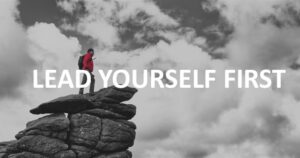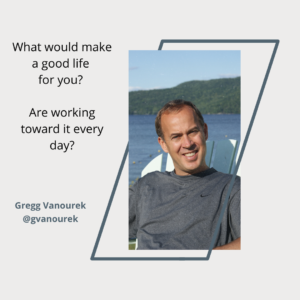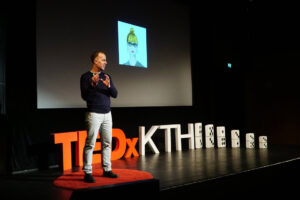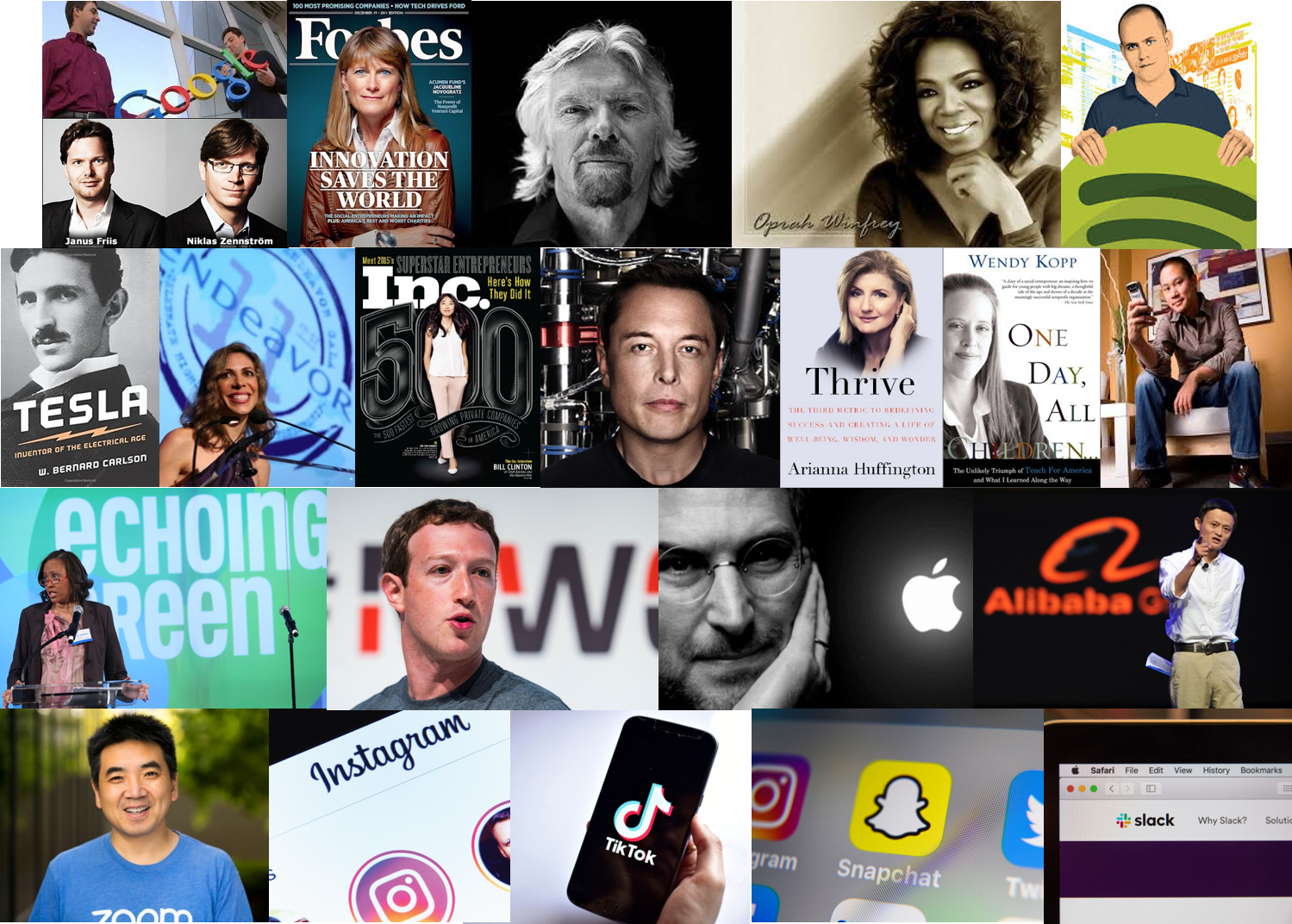In fortunate parts of the world, there’s a palpable sense of relief and celebration as life begins to get back to normal after a brutal pandemic year. In some quarters, there’s jubilation—and rightly so after so many shocks to so many for so long. And of course the pandemic rages on, with so many people suffering, struggling, recovering, mourning, and more.
But back to normal? Not so fast.
We sense, beneath the surface, that this is an opportunity to revisit and reinvent.
Surely there are some things we just want to bring back—things we missed. But we should be wary of falling back into old patterns that no longer serve us.
Now that we’ve received stark reminders of our own mortality and that of our loved ones, now is a good time to ask:
What kind of life do I want?
What kind of life have I been living?
What changes would I like to make?
When it comes to the life we’ve been living, a fair assessment will likely reveal some pain points. Consider the following traps of living:
Common Traps of Living:
- Am I avoiding deeper issues or pressing pain points in my life, and numbing myself with distraction, binge-watching, or other escapes?
- Have I suffered from burnout?
- Am I living paycheck to paycheck with unsustainable or dangerous approaches to consumption and debt?
- Have I been cocooning, losing close connection with family and friends?
- Have I fallen into the comparison trap?
- Am I conforming to a conventional path instead of blazing my own?
- Have I been drifting through life?
- Am I stuck in ego-centric living, making everything about me?
- Does my life feel empty, without a sense of meaning, passion, or joy?
- Am I caught up in pleasing others?
- Have I been postponing my happiness?
- Am I chasing prestige?
- Have I been pretending to be someone I’m not?
- Am I settling?
These questions, while unsettling, can also be motivating, because they point to the gap between who we are and who we long to be.
We must begin, though, with an honest appraisal.
“If you want to be successful, you must respect one rule. Never lie to yourself.” –Paulo Coelho, Brazilian writer
The appraisal above should lead not only to insight but action. It doesn’t need to be complicated. Where are you doing well, and where are you struggling? You can use whatever system you like, even as simple as a list, writing in one column “What I like about my life” and in another column “What I don’t like.”
The left column (What I like) is one for appreciation, and a place to revisit to make sure you continue the good things and savor them.
The right column (What I don’t like) is one for action. The point is not to wallow in defeat but to take a cold hard look at reality and then decide: What will I do about it? (And how, and when, and with whom?)
Many of us have several pain points in our life. That’s okay. Don’t get bogged down in trying to solve everything at once, or in too much planning.
Begin with the most pressing pain point. Start with small things you can do to make progress, to generate energy and momentum.
Now is your chance. Will you take it?
Reflection Questions:
- What aspects of your life do you wish to keep or get back to?
- What aspects of your life do you want to change, and how will you get started?
P.S. – Another level of analysis for the “back to normal” question is the societal level. Surely, there are some things we want to bring back, but it’s also a great opportunity to revisit vexing issues like financial fragility, inequality, racism, political division and disdain, digital addiction and manipulation, climate change, unsustainable practices, and the role of business in society.
++++++++++++++++++++++++++++
Gregg Vanourek is an award-winning author and entrepreneurial leader who trains, teaches, and speaks on personal development and leadership. Gregg is co-author of three books, including LIFE Entrepreneurs (a manifesto for integrating our life and work with purpose and passion) and Triple Crown Leadership (a winner of the International Book Awards). Check out Gregg’s manifesto on how to avoid the Common Traps of Living, or his TEDx talk on “LIFE Entrepreneurship and Discover Mode.” Twitter: @gvanourek




















